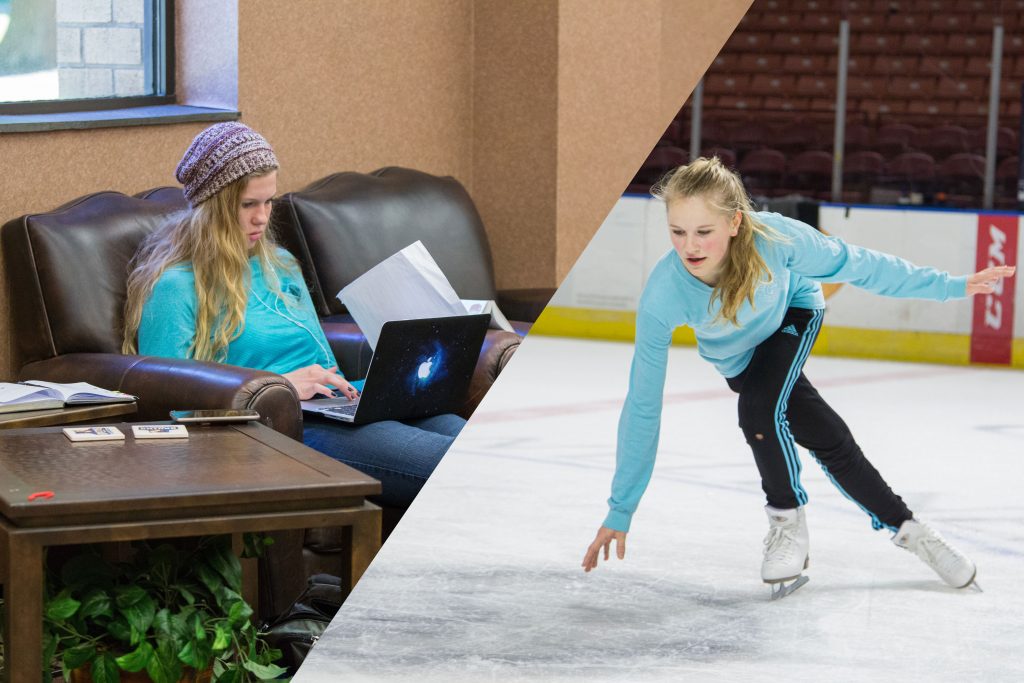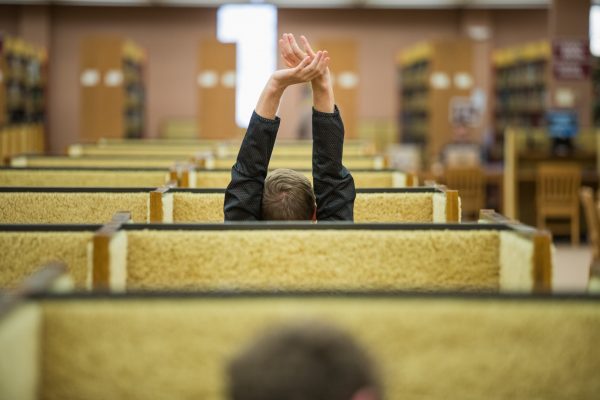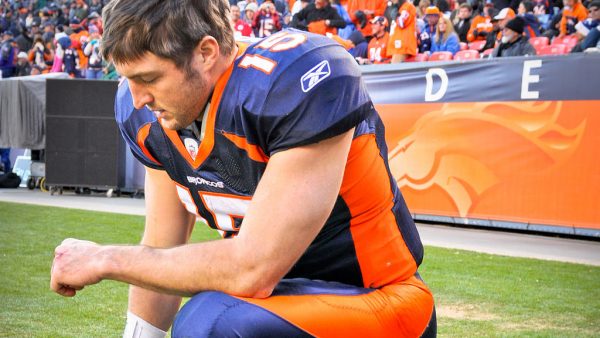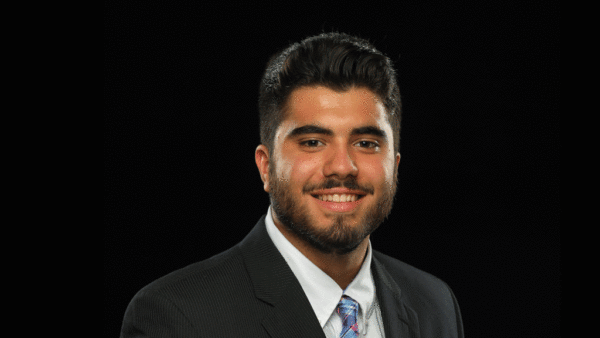Standing on the top of the podium and listening to your home country’s national anthem may be the sweetest success an athlete can hope for. It is the ultimate Olympic dream. Every athlete dreams it, but many Olympians dream beyond the next competition, beyond the next medal, to another challenge—higher education.
Many Olympic athletes are enrolled in college while training and competing in the Olympic Games. Which provides them with a special challenge that every college athlete faces—balancing training and education.
Lauren Gibbs, USA bobsled competitor in the 2018 Olympics, successfully managed playing soccer, track and field, and volleyball in high school; continued volleyball at Brown University; and later obtained an MBA at Pepperdine University. Though she (at least temporarily) has set aside her business career, finding balance between her training and education helped bring her to where she is today.
So how can you balance sports and college?
According to the International Olympic Committee’s handbook Balancing Education and Sport, “There are four key skills to master as an athlete who studies: time management, overcoming procrastination, active study skills and learning how to study whilst travelling.”
You can balance your own fitness and studies by following these few simple tips.
Make a plan.
If you plan to exercise with friends, set a time. Know what’s due tomorrow and knock out as much as possible beforehand. You’ll enjoy yourself more if you don’t have to do a ton of cramming afterward.
Know your body.
It’s up to you to learn your limits. If you can’t run five miles every night, don’t sweat it. Run one mile a night. Or two miles twice a week. Remember, you still need to preserve brain power for homework. It’s better to make a fitness plan you can stick to than to set an unrealistic goal and abandon it by midterms.
Take a study break.
Use exercise to clear your head. Pound out your frustration on the treadmill or go jogging outside for some vitamin C. You’ll kill two birds with one stone and come back to your homework fresh and alert.
Get some sleep.
Your body cannot function without rest. Getting enough sleep will help you perform better in your studies. Tomorrow’s test may tempt you to stay up until 2 a.m. reviewing. And maybe you can do that. But not if you have to get up at 6 for that 8 o’clock class. You need more than four hours sleep to do well on that test.
Exercise and education are both important. But it is easy to lose sight of one in pursuit of the other. As ice hockey Olympian Angela Ruggiero says, “When focusing on simply being the best athlete you can be, it is difficult to think about anything else. Unfortunately, however, our careers as athletes will one day come to an end, and it is important that when this happens we are prepared for a future which allows us to reach other goals. In order to be prepared, we must focus on absorbing as much education and experience as possible while competing.”








